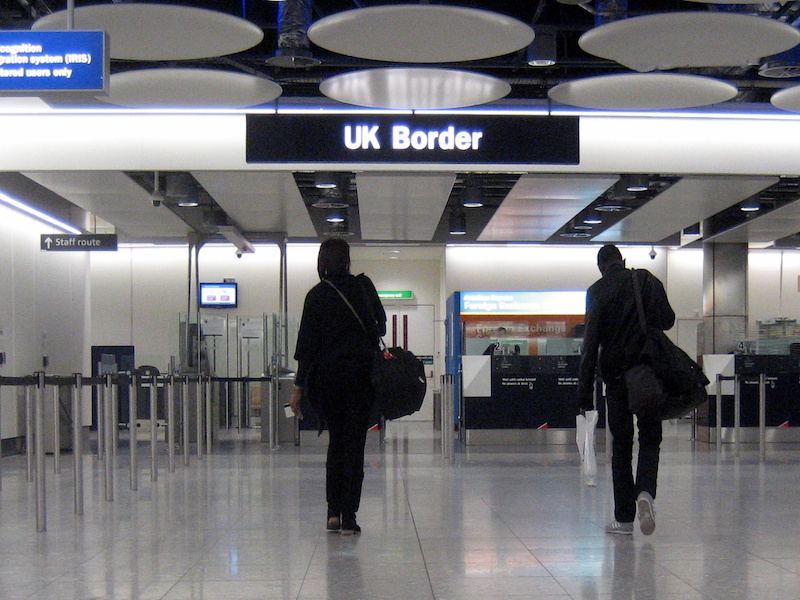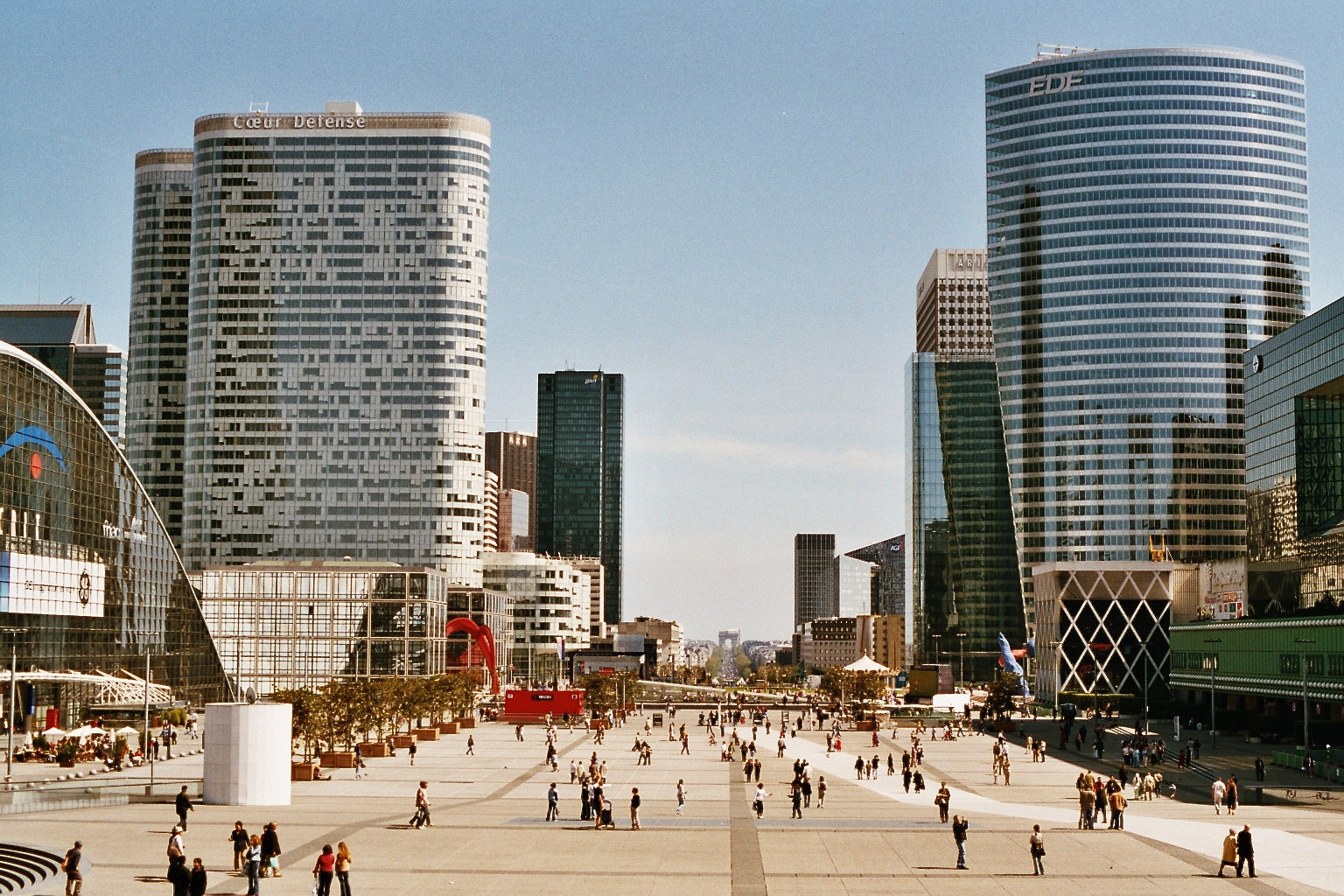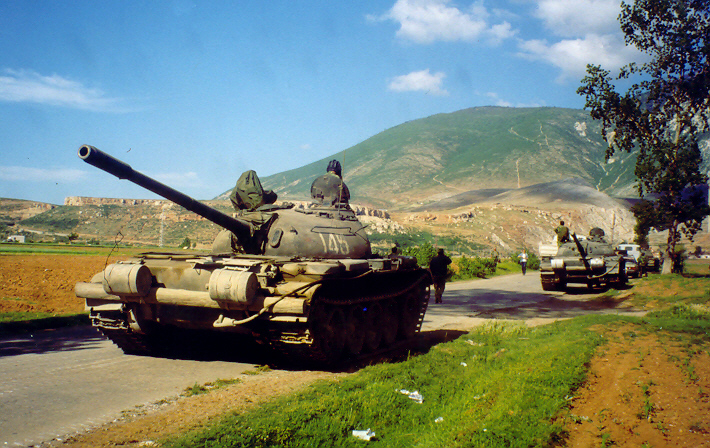The result of the EU referendum in the UK to leave is one of the most influential political events in the last 25 years. Discussion over the outcome has been endlessly approached with rigour from many different angles, many seeking to find to answer to what will happen next. But many news outlets are treating the cause of BREXIT as settled: an ignorant populace convinced by a few populist nationalist leaders to make a bad choice. However, failing to investigate the causes and simply chalking up the supporting argument for the referendum to xenophobia or racism could stand to be the largest failure of the entire process.
The arguments for staying have been well laid out and can be understood intuitively. Within the largest single market that is the EU, the UK stands to benefit from receiving preferential treatment and reductions to fiscal and political barriers to trade, as well as a standardized system for transportation and safety making trade run smoothly across Europe. Outside the Union, should the EU and Britain fail to come to terms over a new trade agreement, Britain will be subject to the WTO’s ‘most favoured nations’ clause, where it would be required to receive no special treatment compared to other states. Because the UK would suffer from increased tariff on trade and the loss of trade deals with the EU (which represents 15% of their economy’s output), early on in the referendum campaign it was concluded that xenophobia and fear was the main driver of the leave option.
As immigration came to characterize the debate, separatist ideas, through no help of their own, were perceived as entirely racist, unfounded and opportunistic. Many European leaders are now urging the UK to speed up the process of triggering Article 50 of the Lisbon Treaty, the foundational document of the EU, which lays out the exit plans for a nation leaving the Union. The reluctance of Prime Minister Cameron to do so has leaders like European Commission President Jean-Claude Juncker particularly pressing the point. But a more important discussion about the economy and the lack of economic growth across Europe is being submerged in an argument of political correctness.
The intense focus on the financial sector that produces little physical capital (transport systems, infrastructure, factories) or finished products has created a need for cheap labour a decrease in paid positions to minimize costs in other sectors. In capitalism, the economic definition of immigration is the addition of units to the labour force, or the “insourcing” of labour, a very numeric and asocial way of interpreting human movement. The United Kingdom saw its annual net migration increase by nearly double from 2012 to 2015, with 183,000 net new immigrants in 2015. This has had the effect of boosting the workforce by 0.5% per year, which supports the economy’s ability to grow, but at the expense of deflating workers wages. Most of these migrants are from other economically struggling Eastern European countries. What is lost in the numbers is the social responses, the fact that it is far easier for a worker to blame a foreigner when employers use desperate people willing to work for less to undermine their wages.
Political correctness and hateful racism makes governments unwilling to explore the real impacts of immigration due to fears of political suicide. This obscures the larger problem that the free movement of labour across borders has exposed due to friction in the workforce. The problem is found in the general decline in labour productivity, measured in the change in GDP by percentage for every hour worked, across the western world. The financial crisis sent the world into a harsh decline in productivity rates compared to decades prior. France and Germany have managed to just hover around the 0.5% mark for the past 6 years, but the UK has seen erratic alterations between minor growth and losses in labor productivity. This results in lower wages for more hours, doubly compounded by the introduction of cheaper foreign labour. Nouriel Roubini, a current professor of business at NYU’s School of Business who has worked for the IMF, says the buzz of silicon valley bringing breakthroughs in Biotech, Energy tech, and Info tech has not translated into productivity growth as was expected.
The result of the rapid increase in efficient production technologies is that more jobs are eliminated then those created by the services sector. Free flowing immigration results in the crowding of the labour market, giving no room to solve this problem. What is increasingly clear is that the economy is experiencing a persistent cyclical downturn and poor recovery, something economists call hypersterisis. Because investment occurs at the development stages, goods come to the production line with technology built in and require less assembly and work to create the finished product. This means less investment goes into production (the factories and the workforce), which results in a permanent loss in productivity of the population. Even skilled workers who remain unemployed too long by these changes and by the effects of the financial crisis are therefore in danger of losing their skills at a faster rate because technology outpaces them. Insourcing cheaper skilled and unskilled labour seriously agitates the effects of the financial crisis, as the previous factors are strained by the sheer increase in demand for work and lower levels of investment.
Europe has been struggling with unemployment, like with France, Italy and Spain who all have had unemployment over 10% for more than 5 years. Many governments inability to find solutions has given rise to strong nationalist parties across Europe. When the labour market is diluted by both technological improvements making professions obsolete, foreign labourers who work for less, and when the general trend results in less wages for more hours, people easily blame immigrants who are products of a poorly performing system themselves as the cause of their woes. BREXIT, whatever its final result may be, forces the question: Has the economy really recovered since 2008, or is it time to think of new way to organize the economies of the developed world? How the EU responds may yet determine its fate.
Photo: UK Border Control at Heathrow Airport (2010), by dannyman via Wikimedia Commons. Licensed under CC BY 2.0.
Disclaimer: Any views or opinions expressed in articles are solely those of the authors and do not necessarily represent the views of the NATO Association of Canada.




